 Acupuncturists understand how neck and upper back tension can lead to jaw problems: tense muscles, grinding teeth, or TMJ trouble. We can use that understanding to relieve the tension and the problems it causes.
Acupuncturists understand how neck and upper back tension can lead to jaw problems: tense muscles, grinding teeth, or TMJ trouble. We can use that understanding to relieve the tension and the problems it causes.
Acupuncturists see sinew channels or 经筋 jingjin which are continuous bands of connected muscles. Many bodyworkers and physical therapists use a similar idea of myofascial chains or anatomy trains. This model explains how neck and upper back tension affects the muscles controlling the jaw and why easing the tension alleviates jaw problems.
It also explains why acupuncture points in the hand and foot can help.
Here’s one set of the connected muscles.
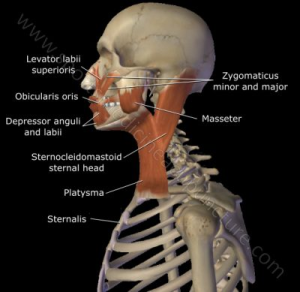
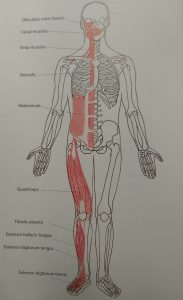
On the left the total connections, on the right the connected jaw muscles.
Here’s another set of connections:
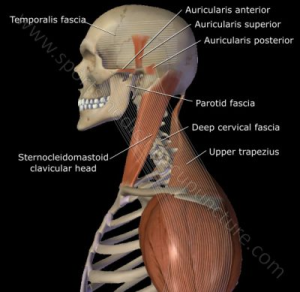
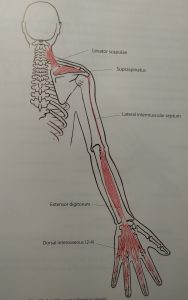
Images from David Legge ‘Close to the Bone’ and Brian Lau ‘Anatomy of the Sinew Channels’
Main image “Illustration on Grinding your Teeth” by James Gayle Art.
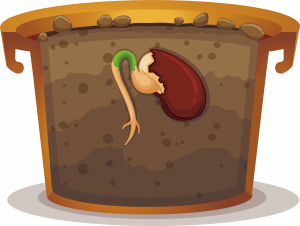 Acupuncture and herbal medicine improve the fertility of women and couples who are trying to conceive, naturally or through IVF.
Acupuncture and herbal medicine improve the fertility of women and couples who are trying to conceive, naturally or through IVF.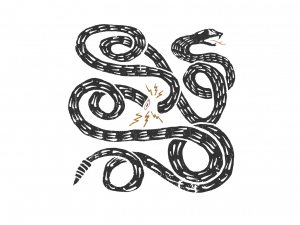

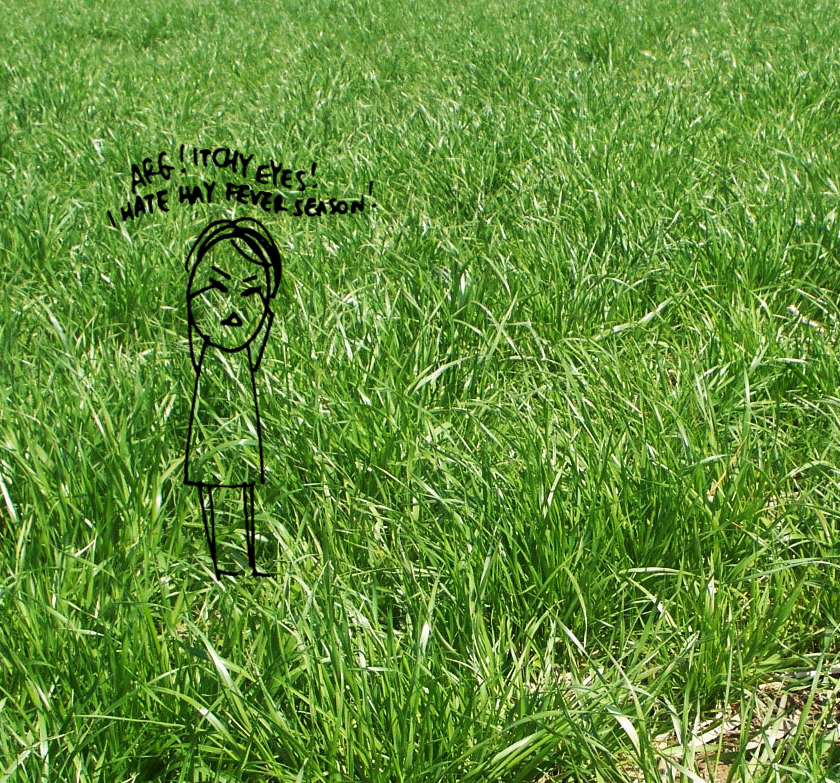

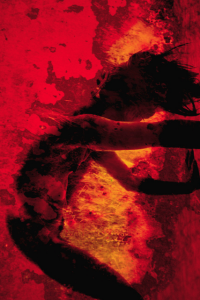 Conventional UTI treatment with antibiotics does not always work. The symptoms of infection often recur as the causative bacteria is not completely eliminated, and a residual infection generates outbreaks when the immune system fails to keep it controlled. This can happen with stress, fatigue, or after another infection such as a cold or gastrointestinal contamination. And the immune system is heavily taxed by the continual residual infection.
Conventional UTI treatment with antibiotics does not always work. The symptoms of infection often recur as the causative bacteria is not completely eliminated, and a residual infection generates outbreaks when the immune system fails to keep it controlled. This can happen with stress, fatigue, or after another infection such as a cold or gastrointestinal contamination. And the immune system is heavily taxed by the continual residual infection. 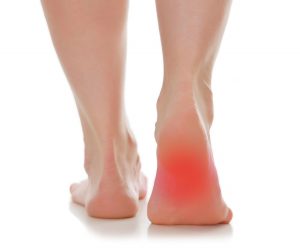
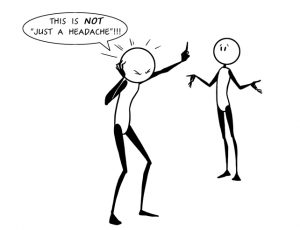 Acupuncture has been shown to prevent migraines. A recent Cochrane review of the effectiveness of acupuncture treatment at preventing migraines found that the evidence suggests that a course of treatments can be a valuable option for people with migraines, and that it may be at least as effective as prophylactic drugs at preventing migraines.
Acupuncture has been shown to prevent migraines. A recent Cochrane review of the effectiveness of acupuncture treatment at preventing migraines found that the evidence suggests that a course of treatments can be a valuable option for people with migraines, and that it may be at least as effective as prophylactic drugs at preventing migraines.